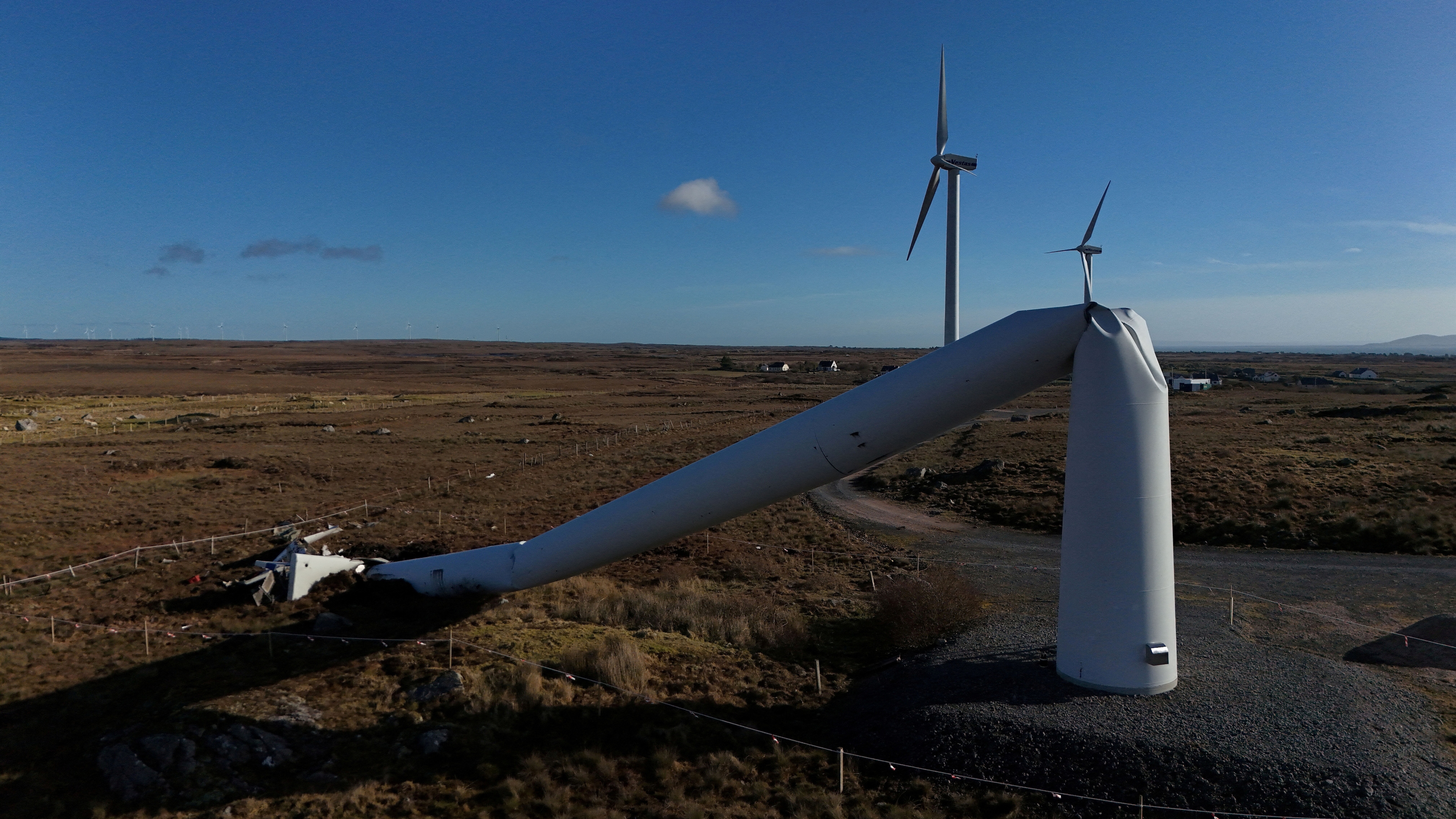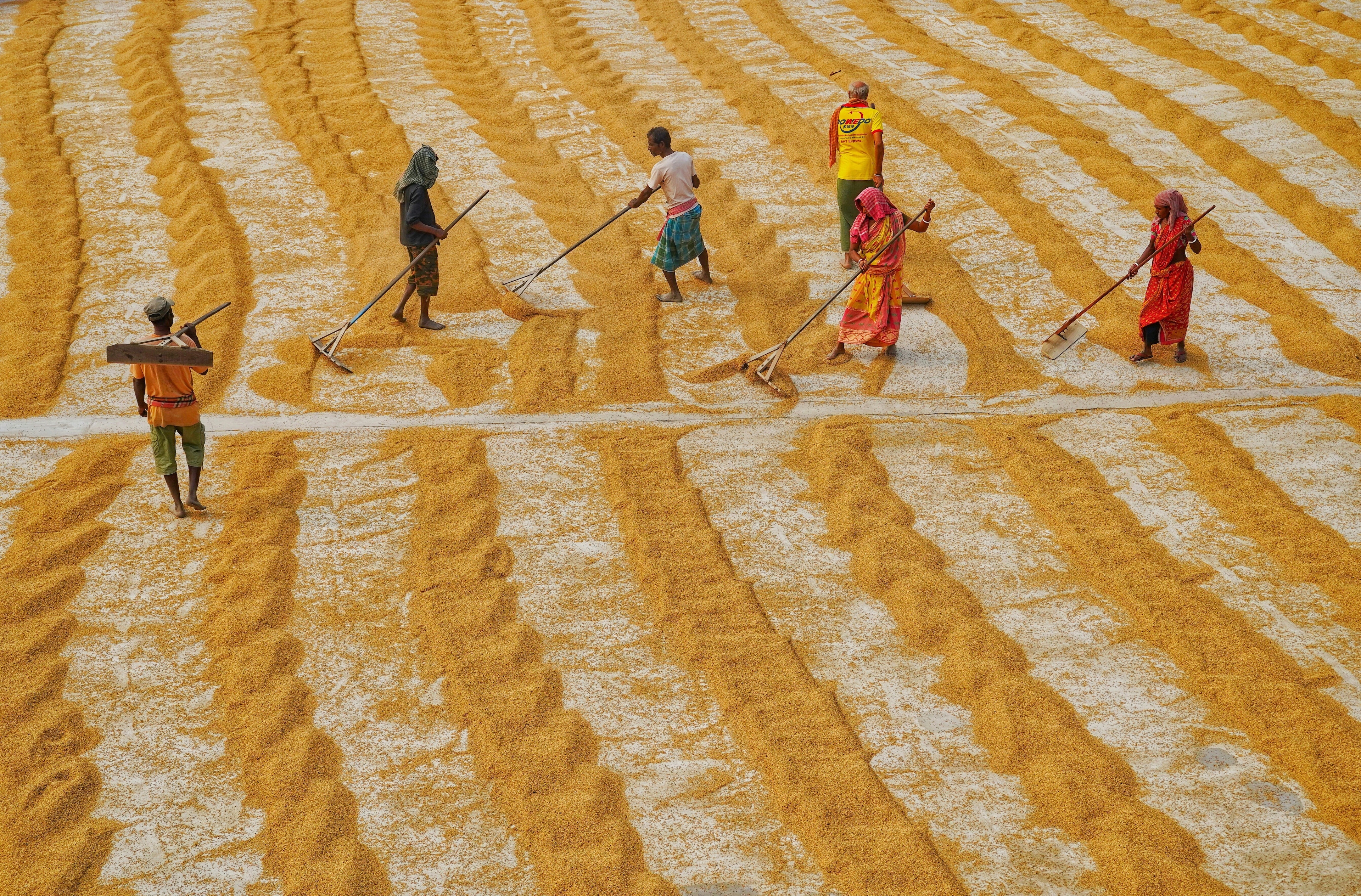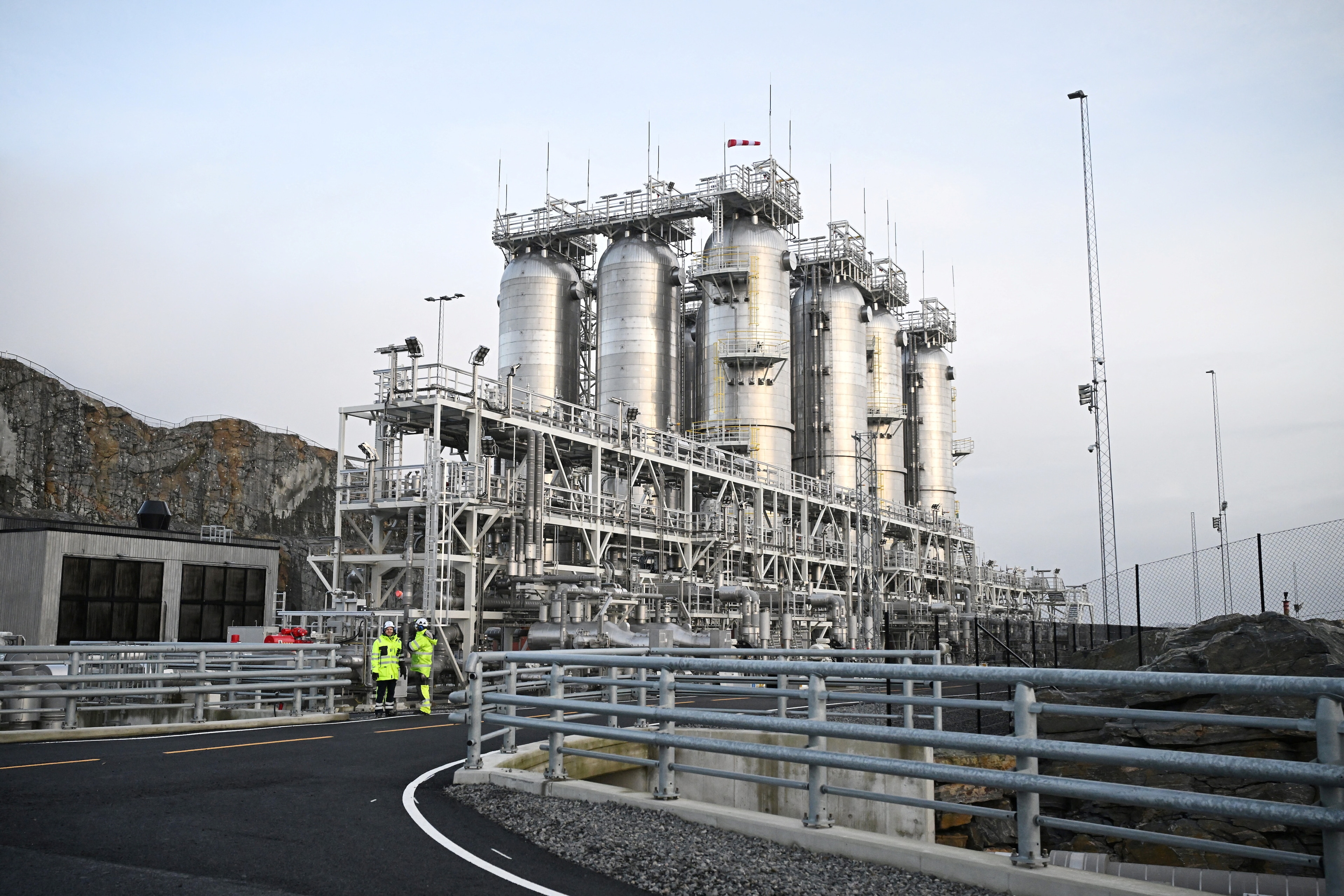Barack Obama says you should change your eating habits to save the planet

It’s become increasingly clear that the human appetite for meat has played an outsized role in the emission of those greenhouse gasses.
Image: REUTERS/Ivan Alvarado
Stay up to date:
Future of the Environment
It was the clearest signal yet: Barack Obama intends to make food policy matters one of his core issues as he wades into retirement.
During an appearance at the Global Food Innovation Summit in Milano, Italy, the former US president sat down with his friend and former White House food policy czar Sam Kass to discuss the role food production plays in climate change. In addressing food-related issues, Obama is taking a page out of his wife’s book. Former US first lady Michelle Obama made school meals and healthy eating priorities during her time in the White House. Now it appears the powerful couple intend to continue actively discussing food choices and their impact on the planet as they begin their lives as private citizens.
Accept our marketing cookies to access this content.
These cookies are currently disabled in your browser.
“I think people naturally understand that big smokestacks have pollution in them and they understand air pollution, so they can easily make the connection between energy production and the idea of greenhouse gases,” Obama said. “People aren’t as familiar with the impact of cows and methane, unless you’re a farmer.”
It’s become increasingly clear that the human appetite for meat has played an outsized role in the emission of those greenhouse gasses. Changing the entrenched practices of farmers remains a major hurdle for several reasons, Obama said:
- People are (understandably) emotional about food. We eat it everyday, and farmers have been producing it the same way for many, many years. The idea that government bureaucrats would tinker with the system isn’t popular.
- Obama’s White House successor, Donald Trump, has indicated that he may pull America from the Paris climate accord—a global effort to tackle climate change.
- The American agriculture lobby is powerful, and its interests don’t always align with the broader fight against climate change because environmental issues often take a backseat to economic interests.
Obama stressed that the need to change habits will only become more important because the globe is on track to increase the meat consumption. Large populations in India, Vietnam, and China are already showing signs of eating more meat and dairy products as their income levels rise.
“That doesn’t mean that we can’t teach you and me to have a smaller steak, for our own health,” Obama said. “It doesn’t mean we can’t make progress in educating the advanced world about the need to reduce, just for dietary reasons, the amount of meat that we consume at any given meal.”
As an aside, Kass noted that he’d cooked perhaps thousands of steaks for the president during his time serving as his personal chef.
“I don’t know about thousands,” Obama responded, grinning. “Maybe hundreds. What is true is I am not a vegetarian. I respect vegetarians, but I am not one of them.”
Don't miss any update on this topic
Create a free account and access your personalized content collection with our latest publications and analyses.
License and Republishing
World Economic Forum articles may be republished in accordance with the Creative Commons Attribution-NonCommercial-NoDerivatives 4.0 International Public License, and in accordance with our Terms of Use.
The views expressed in this article are those of the author alone and not the World Economic Forum.
Forum Stories newsletter
Bringing you weekly curated insights and analysis on the global issues that matter.
More on Climate ActionSee all
Michael Fröbel and Stanislas Hillen
August 8, 2025
Elizabeth Henderson and Daniel Murphy
August 8, 2025
De Rui Wong and Keebum Kim
August 7, 2025
Aurora Matteini and Derek Baraldi
August 6, 2025
Tom Crowfoot
August 5, 2025
Sverre Alvik
August 5, 2025





